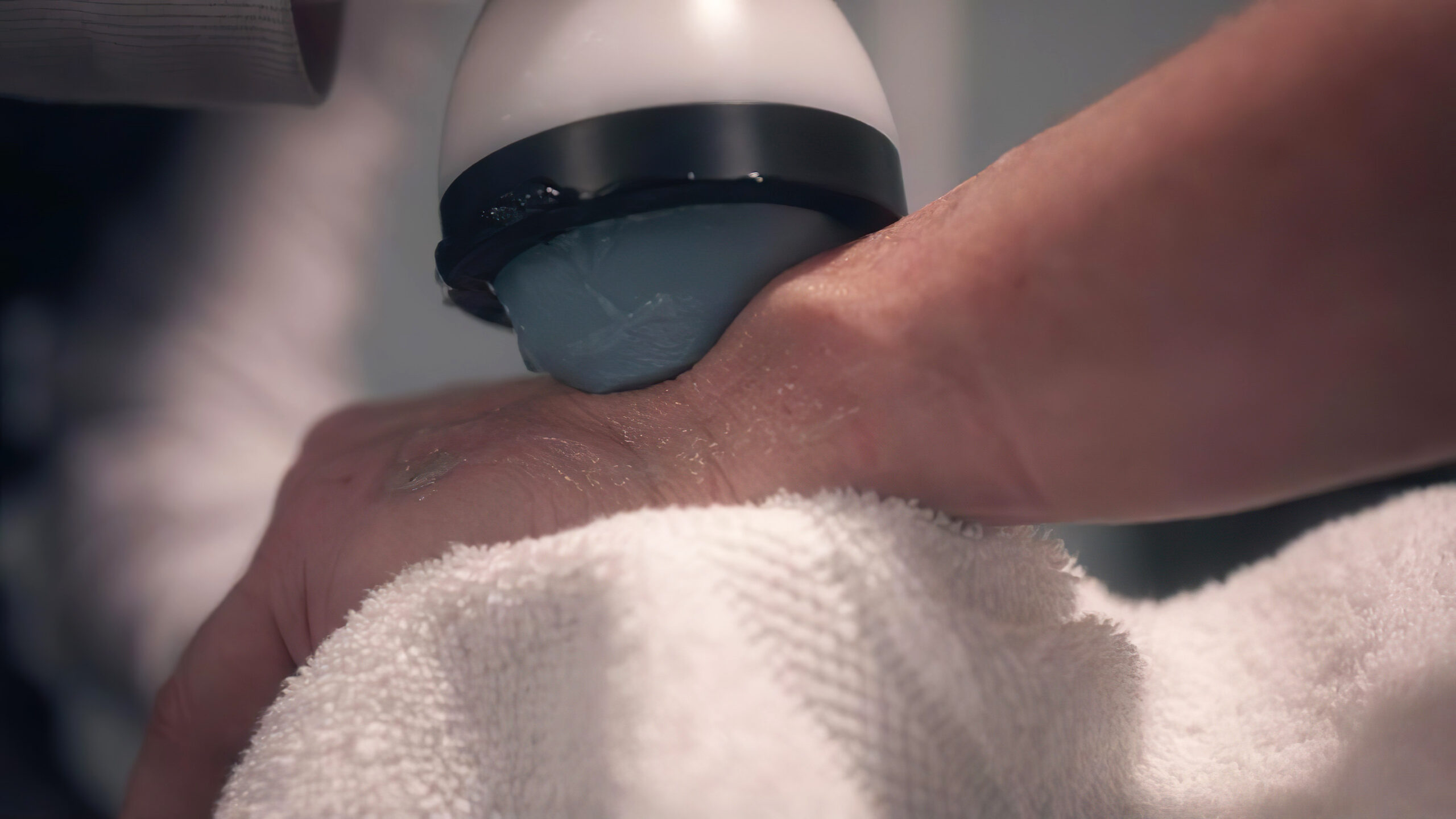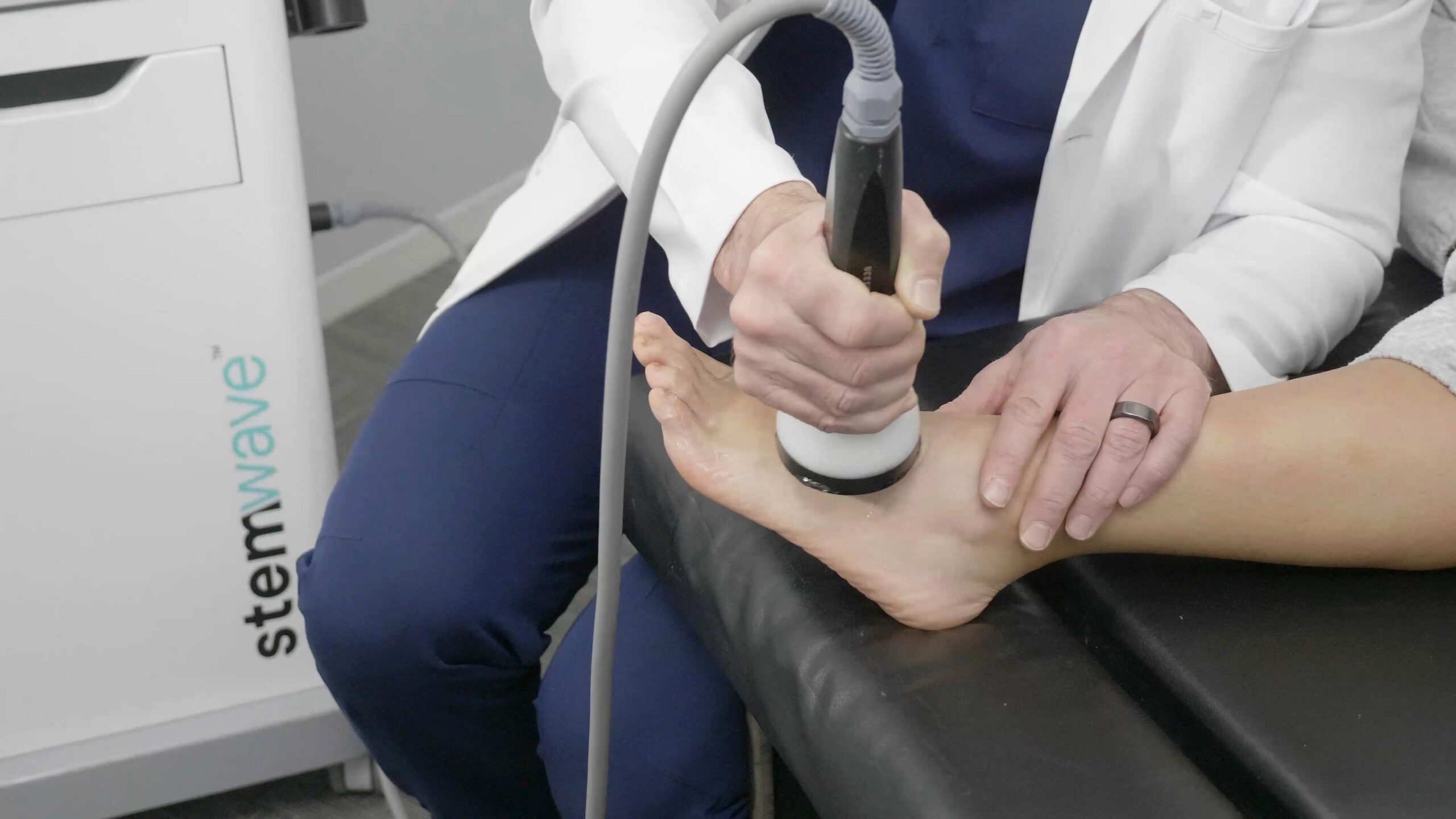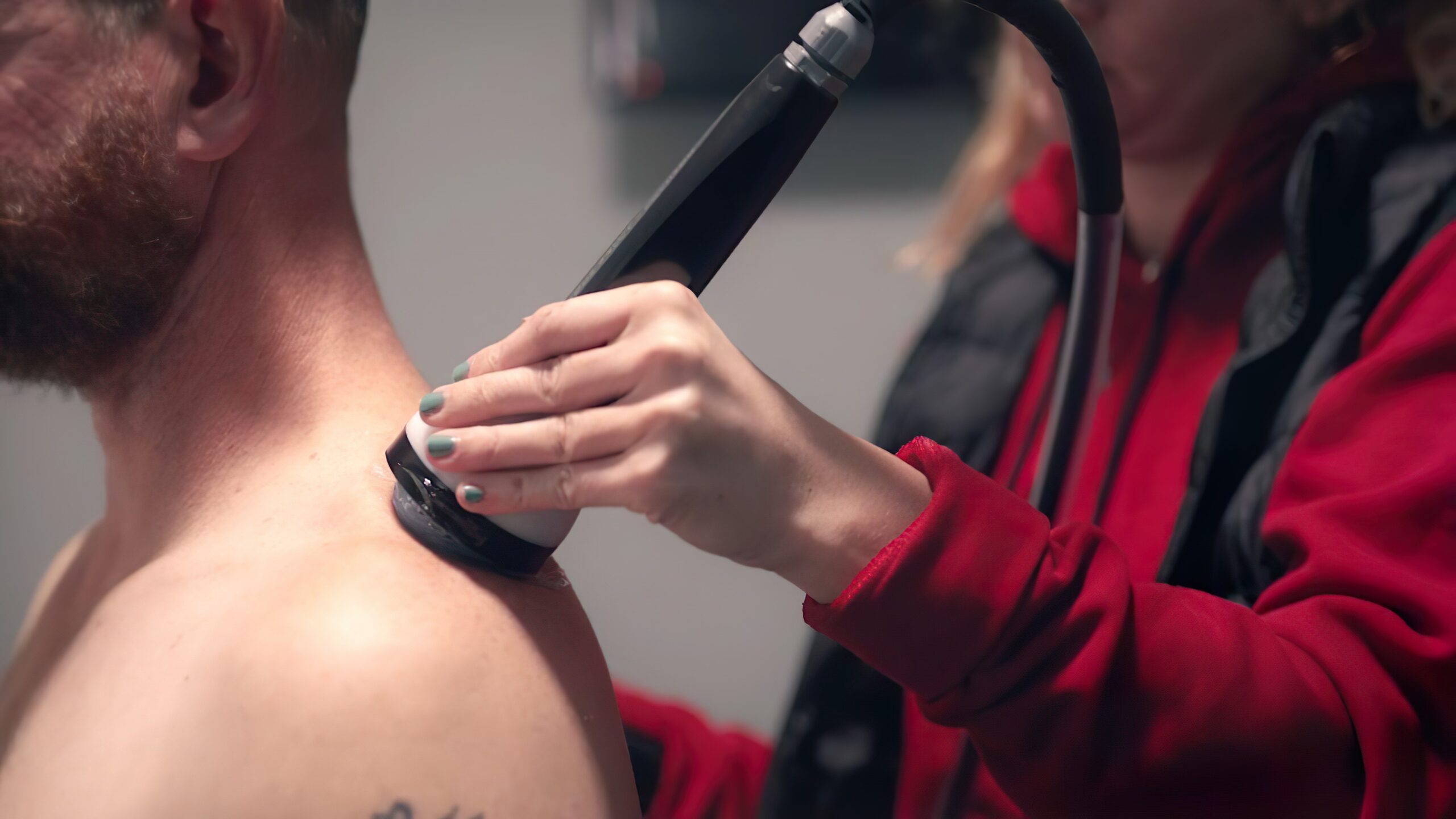Introduction
When mobility becomes a challenge, home modifications like ramps and lifts can make all the difference in safety, independence, and peace of mind. But for many families, one question quickly rises to the top: Will Medicare or the VA help cover the cost?
At Ozark Medical Equipment, we understand how overwhelming this process can feel. That’s why we’re here to break it down.
What Medicare Covers—and What It Doesn’t
Original Medicare (Part A and Part B) typically does not cover wheelchair ramps, stair lifts, or vertical platform lifts. These items are considered home modifications—not “durable medical equipment”—and are therefore excluded from standard Medicare coverage.
However, there are a few exceptions and workarounds worth exploring:
- Medicare Advantage (Part C): Some Advantage plans offer supplemental benefits that may include home safety improvements or accessibility equipment. Coverage varies by provider and plan, so it’s worth checking directly or reaching out to us for help reviewing your options.
- DME Coverage: While ramps and lifts may not qualify, Medicare does cover many indoor mobility devices such as manual wheelchairs, power scooters, and walkers, when medically necessary.
Bottom line: If you’re relying on traditional Medicare, you’ll likely need to explore other funding sources for ramps or lifts.
VA Grants for Home Accessibility
If you’re a veteran, you may be eligible for financial assistance through the VA to improve home accessibility. Several grant programs are designed specifically for mobility-related home modifications:
HISA Grant (Home Improvements and Structural Alterations)
- Helps pay for medically necessary home improvements such as:
- Wheelchair ramps
- Stair lifts
- Handrails and widened doorways
- Up to $6,800 for service-connected disabilities
- Up to $2,000 for non-service-connected conditions
SAH and SHA Grants
- Specially Adapted Housing (SAH) and Special Housing Adaptation (SHA) grants provide more extensive funding for veterans with certain permanent service-connected disabilities.
- These grants can help cover:
- Vertical platform lifts
- Larger ramp systems
- Bathroom modifications and more
Veteran Readiness and Employment (VR&E)
- May include funding for accessibility modifications to support veterans returning to work or increasing independence at home.
If you’re a veteran, you may be eligible for financial assistance through the VA to improve home accessibility. Several grant programs are designed specifically for mobility-related home modifications:
Local and State Assistance in Missouri
While Medicare may fall short, state and local resources in Missouri may help fill the gap. Potential sources include:
- Missouri Medicaid waiver programs
- Area Agencies on Aging\
- Centers for Independent Living
- Nonprofits serving veterans, seniors, and individuals with disabilities
We’re happy to point you in the right direction and connect you with local resources that may offer grants, funding, or zero-interest loan programs.
How Ozark Medical Equipment Can Help
As your local, trusted provider in Poplar Bluff and Southeast Missouri, we offer more than just equipment—we offer guidance, experience, and ongoing support.
When you work with Ozark, you get:
A team that helps you explore funding options, including VA and Medicaid programs
Free consultations to determine what type of ramp or lift best fits your home
Access to trusted brands like Harmar for high-quality ramps, vertical platform lifts, and stair lifts
Local installation and service—no third parties or corporate call centers
We know the terrain—both in your home and in the paperwork. Let us help you make it easier.
Frequently Asked Questions
Yes, but the solution may look different. In tight or steep spaces, a vertical platform lift may be a better fit than a traditional ramp. Our team considers slope requirements, entry points, and safety to recommend the most practical option for your home’s layout.
No. In fact, it’s best to schedule a home assessment early. Having a clear plan and estimate can help speed up grant or insurance approvals. Ozark Medical Equipment offers free evaluations so you can begin the paperwork with confidence.
Many customers combine funding sources—such as partial VA grants, supplemental insurance, or personal payment—to cover the full cost. We’ll walk you through your options and help you prioritize what’s medically essential versus optional.
Most accessibility modifications can be removed without permanent damage. Modular ramps, for example, are non-invasive and can be uninstalled when no longer needed. In some cases, accessible homes can even appeal to a broader buyer market.
Ready to Get Started?
If you or a loved one needs help staying safe and mobile at home, let’s talk. Whether you’re navigating Medicare, applying for a VA grant, or just exploring your options, we’re here to help you every step of the way.
Call Ozark Medical Equipment today at 573-686-5510 to schedule a free consultation.



